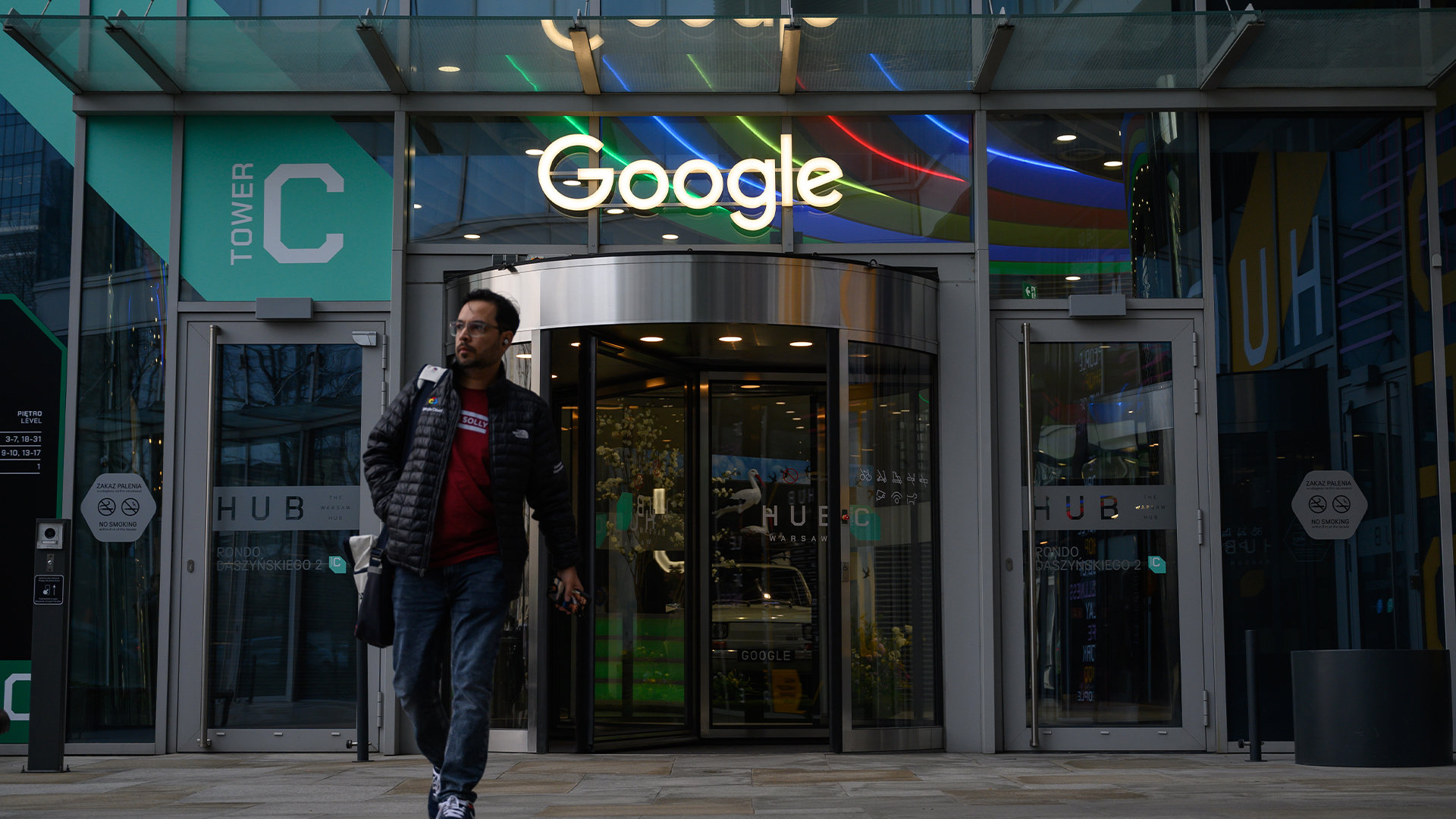Why can’t tech firms decide on working from home strategies?
You’d have thought companies that peddle digital transformation would have more conviction in it


Is working from home a good thing? Should employees be allowed to continue working remotely even after the coronavirus pandemic has subsided? How much flexibility is enough? Despite its reputation for finding answers to almost every question out there, Google is apparently struggling with these.
Currently, it’s testing a "hypothesis" for a flexible two-day remote working strategy to see how it affects "productivity, collaboration and wellbeing", according to The New York Times. This is despite already having nine months of mass remote working to check all of that out, both using internal data and any intel it’s gleaned from those of us who use its services.
Why is it testing a two-day plan now, six months after most research suggested that was the optimum remote working schedule for most employees? Given recent claims made by past and present Google employees, "productivity" is likely to be the only metric it actually cares about. But how, exactly, will it measure and accurately attribute it to working from home? How will it know that female and minority ethnic employees are getting less done while in the office because they prefer to be remote and not just, you know, away from a toxic working environment that squashes protests and free speech?
Sadly, Google isn’t alone here. Microsoft also seems lost when it comes to agile working policies, though its CEO, Satya Nadella had the sense to dress it up as a concern for wellbeing. He recently cited “video-call fatigue” as something businesses should be wary of while warning about the dangers of staying at home.
Facebook has been more forward-thinking, but only for its actual employees. It has brought in a policy for permanent remote working, for those that want it, unless you work in the content moderation department. It has been reported that those poor souls who remove all the horrid posts about child abuse or acts of terrorism, have been ordered to get back into office because their job is deemed too critical to do at home. These are mostly privately contracted employees, so their wellbeing is someone else’s problem.
RELATED RESOURCE

Now, there are no figures on how many jobs and lives have been saved by remote working, but I would hazard a guess at “millions”. It has also come with a side of happy benefits for the future; less commuting, better work-life balance, close proximity to the fridge! We’ve all realised the wonders of working from home and most of us want to keep it up. And yet, when we look to the companies peddling the tech that lets us do so, we see an absolutely directionless mess. They’re the ones that benefit the most from our digital transformations, so you would have thought they would have more conviction about it.
The prospect of mass vaccination is on the horizon, so I understand the desire for a return to some normality. But I’m sure most of us thought that would just mean one or two days back in the office and getting kicked out of a physical meeting room, or possibly going to Pret at lunch (other sandwich shops are available). If it is indeed productivity Google wants to increase, there are studies available that already show we do more from home.
Sign up today and you will receive a free copy of our Future Focus 2025 report - the leading guidance on AI, cybersecurity and other IT challenges as per 700+ senior executives
Bobby Hellard is ITPro's Reviews Editor and has worked on CloudPro and ChannelPro since 2018. In his time at ITPro, Bobby has covered stories for all the major technology companies, such as Apple, Microsoft, Amazon and Facebook, and regularly attends industry-leading events such as AWS Re:Invent and Google Cloud Next.
Bobby mainly covers hardware reviews, but you will also recognize him as the face of many of our video reviews of laptops and smartphones.
-
 Infosys co-founder Narayana Murthy called for a 70 hour week last year — now he says that’s not enough
Infosys co-founder Narayana Murthy called for a 70 hour week last year — now he says that’s not enoughNews Murthy thinks longer hours akin to China’s '996' approach are the key to success
-
 Microsoft could be preparing for a crackdown on remote work
Microsoft could be preparing for a crackdown on remote workNews The tech giant is the latest to implement stricter policies around hybrid working without requiring a full five days in the office
-
 Half of British companies want an end to hybrid working – but they’re playing with fire if they expect employees to comply
Half of British companies want an end to hybrid working – but they’re playing with fire if they expect employees to complyNews A survey by British Chambers of Commerce suggests approval of hybrid working depends on sector
-
 HSBC says get back to the office or risk bonuses – and history shows it’s a tactic that might backfire
HSBC says get back to the office or risk bonuses – and history shows it’s a tactic that might backfireNews HSBC is the latest in a string of financial services firms hoping to tempt workers back to the office.
-
 Google tells some remote workers to return to the office or risk losing jobs
Google tells some remote workers to return to the office or risk losing jobsNews Google has warned remote workers will need to return to the office or else lose their jobs, according to reports.
-
 Young tech professionals are shunning a full-time return to the office – unless it pays more
Young tech professionals are shunning a full-time return to the office – unless it pays moreNews Young tech professionals who entered the workforce post-pandemic expect on-site work to be paid more than remote options.
-
 ‘Employers must look at the bigger picture’: Brits aren’t keen on going back to the office, and enterprises pushing for it risk a talent exodus – 48% of UK professionals would quit if faced with a full RTO mandate as hybrid work remains popular
‘Employers must look at the bigger picture’: Brits aren’t keen on going back to the office, and enterprises pushing for it risk a talent exodus – 48% of UK professionals would quit if faced with a full RTO mandate as hybrid work remains popularNews Nearly half of professionals would consider quitting rather than returning to the office full time
-
 IT professionals aren’t budging on flexible work demands – and more than half say they’ll quit if employers don’t meet expectations
IT professionals aren’t budging on flexible work demands – and more than half say they’ll quit if employers don’t meet expectationsNews Analysis from Randstad shows 40% of UK-based IT pros have quit over a lack of flexible work options, while 31% of workers globally have done the same.


